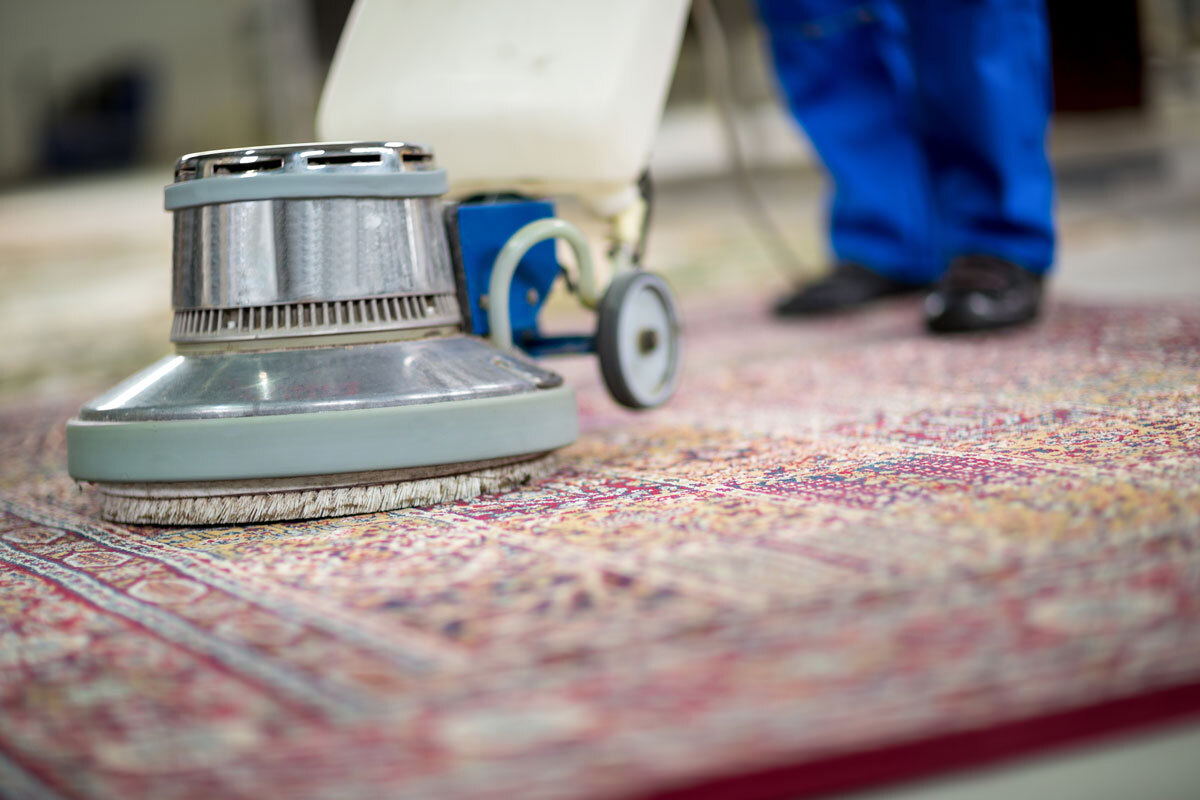The Scene
The consequences of civil war, extreme poverty and the persistent prevalence of HIV/AIDS have left the people of the northern Uganda to face formidable life challenges. As the country recovers from the war, enjoying 4 years of peace, the return of tens of thousands from internally displaced persons camps has exacerbated the challenges facing the already struggling region.
The HIV/AIDS prevalence of 7.7% in the region is accompanied by limited services, including health and education. Compounding this is the fact that nearly 40% of children and youth are orphans – either due to war or AIDS. Caregivers for orphaned children often lack the necessary income to pay school related fees (i.e. educational supplies and uniforms). This denies them their right to an education and can be a contributing factor to their long-term marginalization and a threat to their overall wellbeing. Teenaged orphans are often burdened with the responsibility of caring for their younger siblings and even their elder, ill relatives. The burdens on the lives of these youth are such that they are often unable to gain sufficient income to meet their individual needs or the needs of their family.
Amon Jennifer, age 21.
Jennifer remembers the year her mother died. It was 1993, and her mother was sick with HIV. She can’t remember exactly when her father died, because she was too young. Jennifer, now 21 years old, is living with HIV. She was born HIV+, as was her only brother, who passed away a year before their mother.
After the death of her brother and mother, Jennifer moved from her home in Pader District, Northern Uganda, to Kampala, where she was taken under the care of her aunt. However, her aunt struggled to afford her school fees, forcing Jennifer to drop out of school just after beginning her first year of secondary school.
And then again, the very virus that infects Jennifer and claimed the lives of her father, mother and brother, would enter their lives again. Jennifer’s aunt learned that she too was HIV positive.
In the face of more hardship, Jennifer began working in order to support herself and her aunt by selling crafts and working in a biscuit making factory. Despite her best efforts, there was not enough money for food or medication. Under the physical and emotional stress, Jennifer herself started to fall very sick and was eventually unable to work.
Jennifer’s story took a positive turn when a concerned neighbour, a member of the Needy Support Center, a local community organizations, found that Jennifer had fallen very ill and encouraged her to join the organization, so that she could get support from other members of the community who were HIV positive.
Jennifer now works in a salon thanks to successfully completing a vocational training course in hair dressing. With her new skills, Jennifer is building her experience as a hair dresser and enjoying her new found profession. Through her continued membership with the Needy Support Centre, she is also continuing to get the care and support she needs to live positively with HIV.







